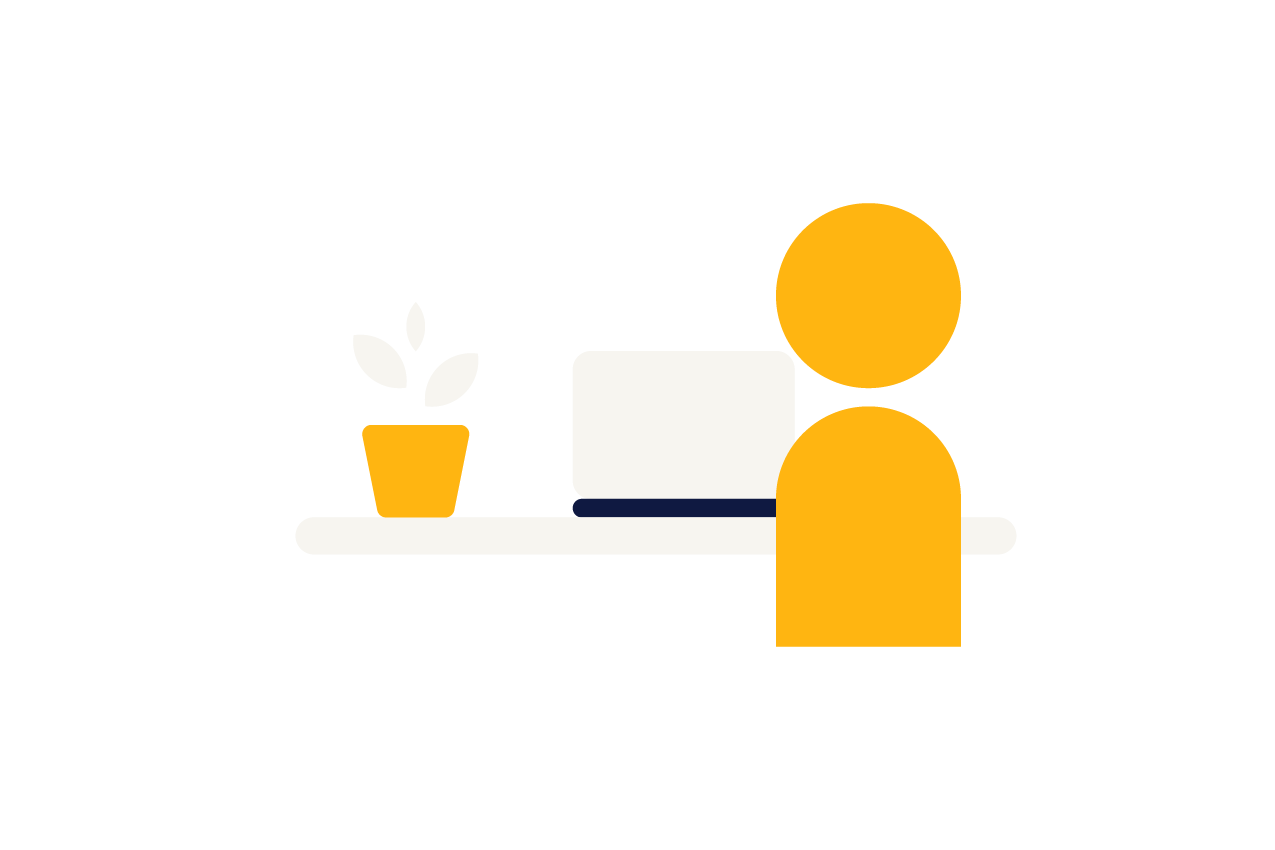Working in health or social care can be demanding. Taking care of services users around the clock can physically and mentally take a toll on workers, and after the pandemic came into the mix, pressure increased significantly and working hours became longer.
Unsurprisingly, in a survey of 1218 health and social care workers, 44% revealed that Covid has had a negative impact on their mental health, with 30% rating their stress levels at work as very high or high.
To help manage stress at work, these are some of the resources that staff are looking for:
- Stress management workshops - 43%
- Mindfulness classes - 39%
- A wellbeing champion - 38%
- Training about mental health and resilience - 36%
- Meditation sessions - 32%
Here’s a quick summary of each resource and why you should invest in them for your staff’s health and wellbeing.
Stress management workshops.
These are designed to help employees effectively manage their stress at work to improve productivity and wellbeing. Typically, stress reduction workshops teach employers how to recognise the signs of stress, common triggers of stress and how to implement practical stress management techniques. To find a provider, search ‘stress management workshops’ on Google and you’ll be spoilt for choice.
Training about mental health and resilience.
Mental health training is now more important than ever. It teaches employees about common mental health conditions, reduces stigma, signposts ways to get mental health support and much more. It’s a good idea for all your staff to be educated on mental health awareness and for some to become Mental Health First Aiders via MHFA England. Mental Health First Aiders act as the first port of call for anyone at work experiencing signs of a mental health illness.
As for resilience training, this is designed to help employees recover and bounce back from adversity and hardships, feeling stronger and more capable to cope. At Randstad, we offer bespoke resilience training for our care clients, so if this is something you’re interested in for your staff, get in touch.
Mindfulness classes.
Mindfulness is the practice of focusing thoughts and feelings on the present moment or a single task. It helps employees gain greater clarity when faced with stressful situations as well as increases their ability to regulate emotions. In professions like health and social care where things can become overwhelming quite regularly, mindfulness is highly effective. As it’s a skill that can take some practice to build, initially your staff might benefit from mindfulness classes which can easily be accessed online. Alternatively, there are several mobile apps such as Headspace or Calm and an abundance of free resources available online too.
A wellbeing champion.
A wellbeing champion is an employee who volunteers to raise awareness of mental health at work and focuses on improving the wellbeing of their fellow colleagues. They get involved with many different activities such as promoting mental health awareness days, delivering workshops around wellbeing and encouraging peer-to-peer staff support. As someone who can directly relate to the challenges health and social care workers face on a daily basis, a wellbeing champion is perfectly positioned to help.
Meditation sessions.
Often used interchangeably with mindfulness, meditation can be practiced slightly differently. Whilst both focus on the present moment, meditation is seen as dedicated time from your day whereas mindfulness is something that is practiced when carrying out tasks. You don’t necessarily need a professional to deliver mindfulness sessions. Instead you could schedule a weekly meditation session for your staff to attend and use online videos as a guide.
You might not choose to invest in all of these resources in one go, however it’s a good idea to start with what staff want the most; stress management workshops.
Taking proactive measures to help health and social care employees manage stress can help prevent burnout, physical health problems and mental health illnesses. Happier staff are more focused and play a key role in creating mentally healthy work environments.
Of course, the above list of resources for helping health and social care employees is not exhaustive. You might have had success with other resources and if so, we’d love for you to share these with us. Tag us on Twitter @RandstadCare_ and let us know.



